While many great movies about World War II are produced in the U.S. and the UK, some of the best films set during the conflict are international features with dialogue spoken in languages other than English. France, Norway, Germany, Japan, and other countries have released World War II movies, most depicting events more relevant to their experiences and perspectives. Many nations were impacted by the Second World War and their stories are not only told in their respective official languages but in ways that are distinctly different from the more commonly seen American and British portrayals.
International films account for many of the most accurate World War II movies due to their lack of sensational Hollywood storytelling. They depict a variety of global events, from specific battles to tragic tales of the Holocaust and even the impact the war had on civilians, including those on the losing side. While some of the best non-English language World War II movies feature a bit of English, they primarily feature dialogue in French, German, Polish, Japanese, Italian, Hungarian, Norwegian, and/or Finnish, with many other dialects represented.
10 The 12th Man (2017)
A Norwegian drama about resistance fighters
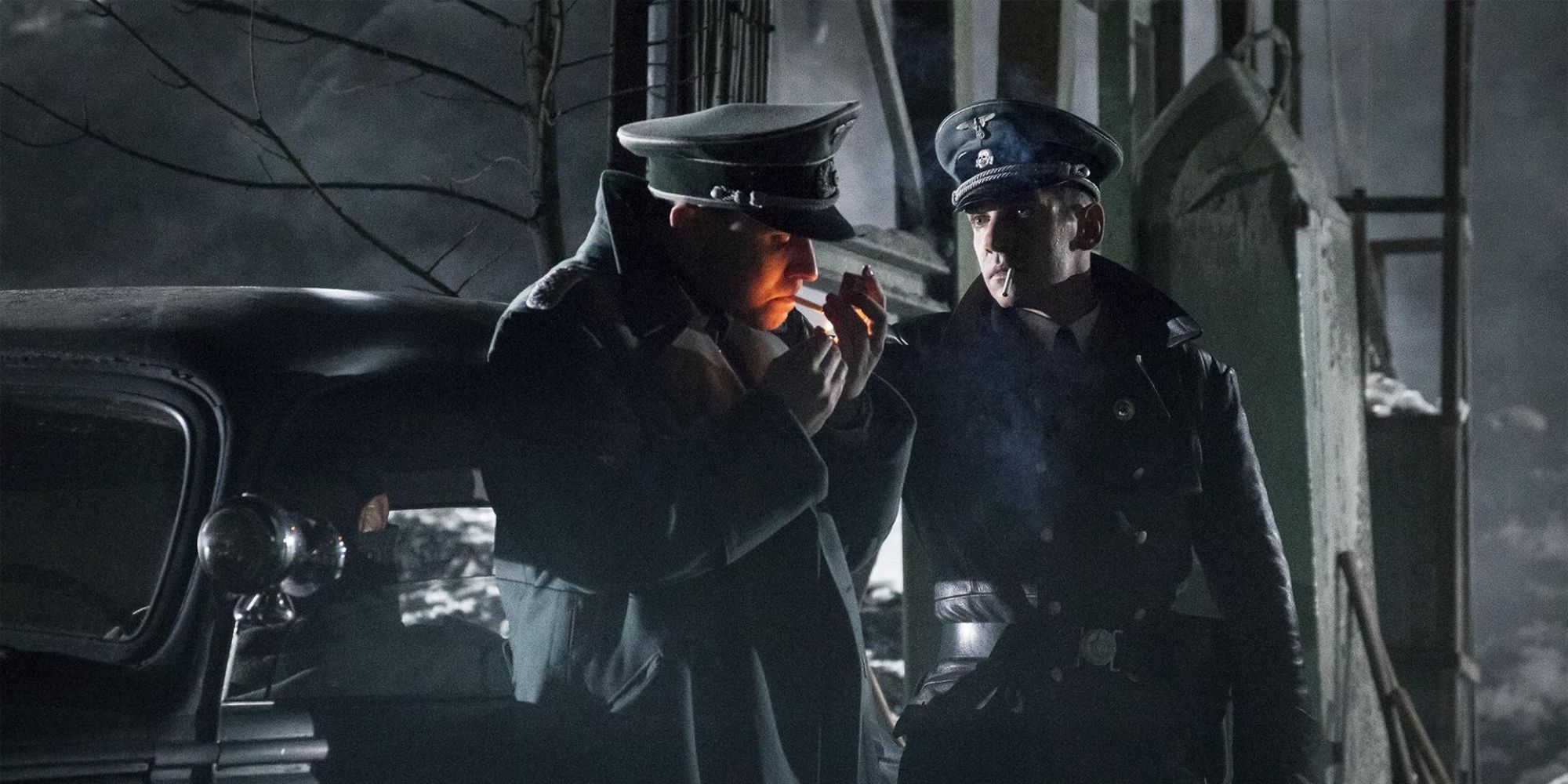
With dialogue primarily spoken in Norwegian and German, with some English, The 12th Man depicts the true story of Jan Baalsrud, a commando involved in the resistance to the Nazi occupation of Norway. After 12 Norwegian resistance fighters are discovered and captured by the Germans, Baalsrud is the only one to escape. He battles the freezing elements to escape from Norway but is pursued by Nazi officer Kurt Stage, who will stop at nothing to catch the final resistance fighter, alive or dead.
The film’s two lead actors went to great lengths to prepare for their roles. Thomas Gullestad lost over 30 pounds to play Baalsrud, while Jonathan Rhys-Meyers had to learn to speak German in just two months for his part as Stage. The 12th Man is an epic drama about the struggle to stay alive against all the odds and offers a startling insight into the Norwegian resistance during the war.
9 The Winter War (1989)
A Finnish film about the titular conflict
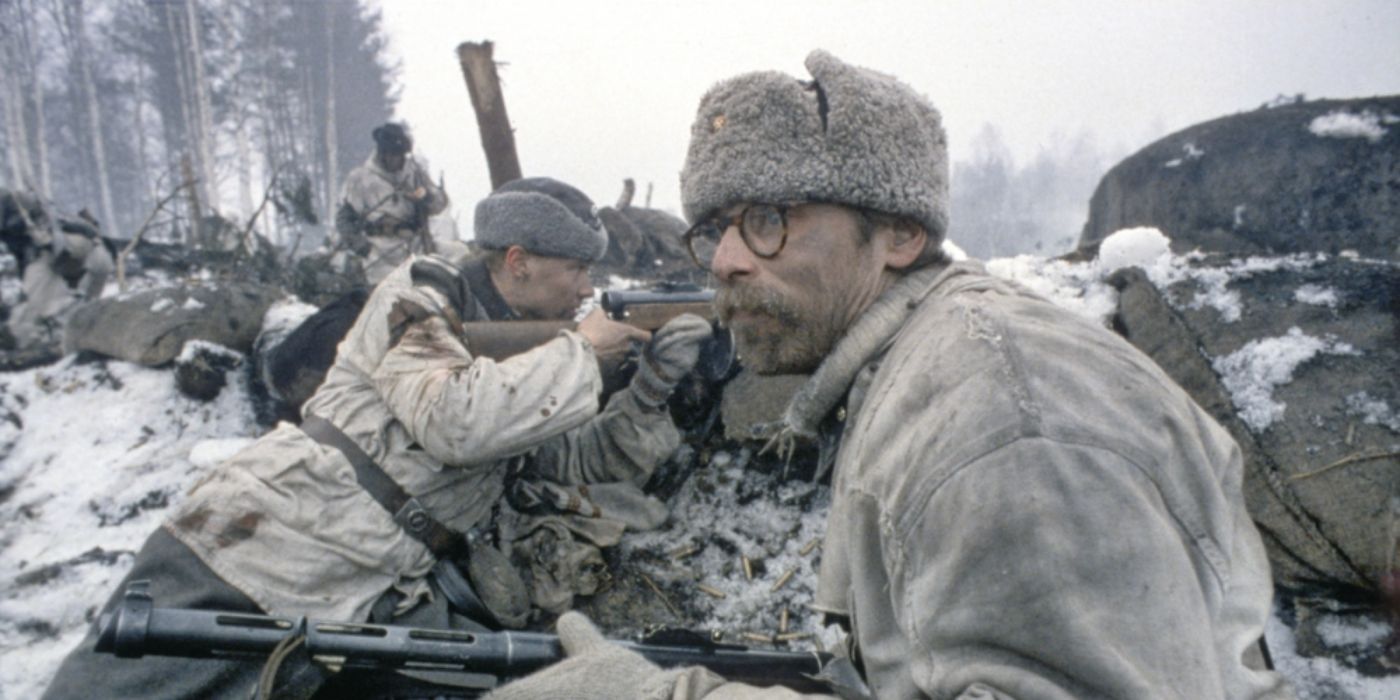
While the Finnish-language film The Winter War is technically about a conflict outside the official confines of the Second World War, its events were relevant enough to the greater global fighting that it qualifies as a World War II movie. Set in 1939 during the titular war between Finland and the Soviet Union, the film follows two brothers, Martti and Paavo Hakala, who are forced to give up their lives as farmers and join the Finnish army. After joining the 23rd Regiment, they fight for their country as they try to survive the Winter War.
Based on the novel Talvisota by Antti Tuuri, The Winter War is a gruesome yet brutally honest portrayal of the Finnish defense against the Soviet army in the Arctic cold as it provides an epic and realistic depiction of one of the most forgotten campaigns associated with World War II. The movie won six Jussi Awards, Finland’s premier film honors, and it was submitted to the Oscars as the country’s selection for Best Foreign Language Film but was not nominated.
8 Son Of Saul (2015)
A Hungarian Holocaust drama about the horrors of working in the Nazi death camps
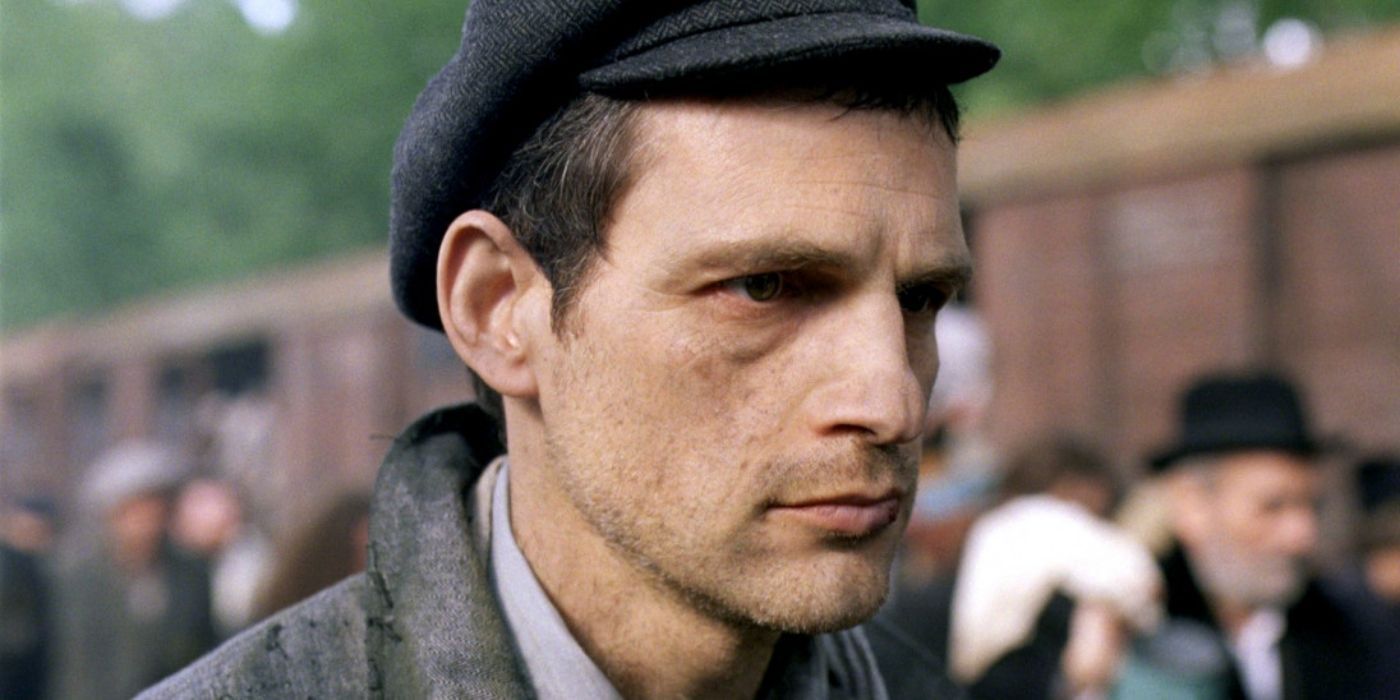
Featuring dialogue spoken in Hungarian, German, Polish, Yiddish, Russian, Slovak, Czech, and Greek, but not English, Son of Saul is a tragic film about Saul Ausländer, a Jewish-Hungarian prisoner who is a Sonderkommando forced to salvage valuables from corpses at the Auschwitz concentration camp. He is witness to the horrors of the gas chambers and how the Nazis carelessly cremated the remains. One day, he discovers the body of a young boy he believes to be his son and attempts to find a rabbi to give the child a proper Jewish burial.
One of the best Hungarian films ever made, Son of Saul is noteworthy for its harrowing insight and accurate depiction of the Nazi death camps and its tragic ending. Among its many accolades, Son of Saul won both the Academy Award and the Golden Globe for Best Foreign Language Film.
7 Life Is Beautiful (1997)
An Italian Holocaust movie about a father and son at a concentration camp
Written and directed by and starring Roberto Benigni, the Italian-language comedy-drama Life is Beautiful follows the story of a bookstore owner named Guido, his wife Dora, and their young son, Giosuè, who are sent to a concentration camp. Throughout their time imprisoned in the camp, Guido creates an elaborate game for his son to protect him from its true horrors. Benigni was inspired to create the movie by his father, who survived two years in a Nazi labor camp and similarly used humor to cope with his ordeal.
Despite the difficulty of making a comedy-laden Holocaust movie, Life is Beautiful is a deeply moving story of finding hope in despair and one of the greatest Italian films ever made. It was nominated for seven Academy Awards, including Best Picture, and it film won three, including Best Foreign Language Film, Best Score, and Best Actor for Benigni.
6 Au Revoir Les Enfants (1987)
A French biographical drama about Jewish students hid during the Holocaust
Written, directed, and produced by Louis Malle, Au Revoir Les Enfants, aka Goodbye, Children, is a drama with dialogue in French and German set at a Carmelite boarding school in 1943. Young student Julien Quentin sees three new students arrive at his school, one of them a boy named Jean Bonnet. Initially, Julian shows hostility toward Jean, but after discovering the secret that he’s Jewish and hiding from the Nazis, the boys develop a close bond.
One of the best autobiographical movies of all time, Au Revoir Les Enfants is based on real events from Malle’s childhood, as he witnessed three Jewish students and their teacher being deported. It’s a touching yet heartbreaking film about friendship and betrayal that also reminds audiences that even children were not safe from the horrors of World War II and the Holocaust.
5 Children Of Hiroshima (1952)
A Japanese drama depicting the aftermath of the bombing of Hiroshima

The Japanese-language drama Children of Hiroshima shows a school teacher who returns to her hometown after losing her family in the bombing of the titular city at the end of World War II. As she revisits her past, she reunites with old friends and colleagues and sees how they were all impacted by the devastating event. This was one of the first films to depict the aftermath of the atomic bombs being dropped on Japan and offers a heart-breaking view into the realities of how citizens were affected. Often overlooked due to its age, Children of Hiroshima is a poignant reminder of the consequences of war.
4 Sophie Scholl – The Final Days (2005)
A German drama about a courageous resistance fighter
The German-language movie Sophie Scholl – The Final Days depicts the last days of the titular Munich university student, who was a member of the anti-Nazi resistance group the White Rose. Alongside her brother Hans and her friend Christoph Probst, she was arrested and tried by the High Court for treason. They were all found guilty and executed by guillotine on February 22, 1943.
This is one of the best movies about important women in history. Despite the obstacles against her, Sophie Scholl wasacourageous woman who remained true to her beliefs, even when faced with death. A startling and inspiring story of bravery and courage, Sophie Scholl – The Final Days won two awards at the Berlin International Film Festival.
3 Kanał (1957)
A Polish drama that explores the Warsaw Uprising of 1944
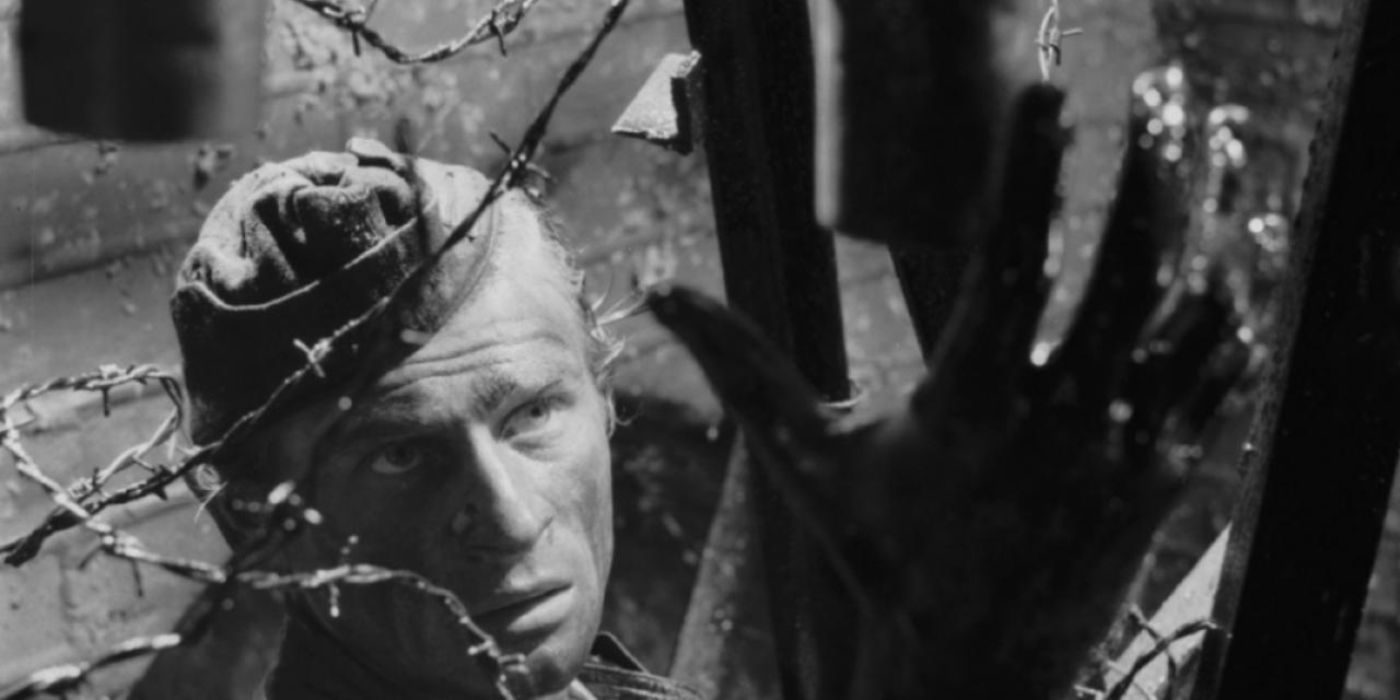
One of the first movies that looked at the realities of World War II, Andrzej Wajda’s Kanał is a Polish-language drama about the final days of the 1944 Warsaw Uprising. As 43 men continue to battle among the ruins against the German soldiers, the situation becomes more and more desperate, and they are forced to retreat into the sewers. The film’s writer, Jerzy Stefan Stawiński, based the story on his experience of the Warsaw Uprising. A landmark of Polish cinema, Kanal is a gripping and horrific portrayal of the events and deservedly won the Special Jury Award at the 1957 Cannes Film Festival.
2 Downfall (2004)
A German drama depicting the last days of Adolf Hitler
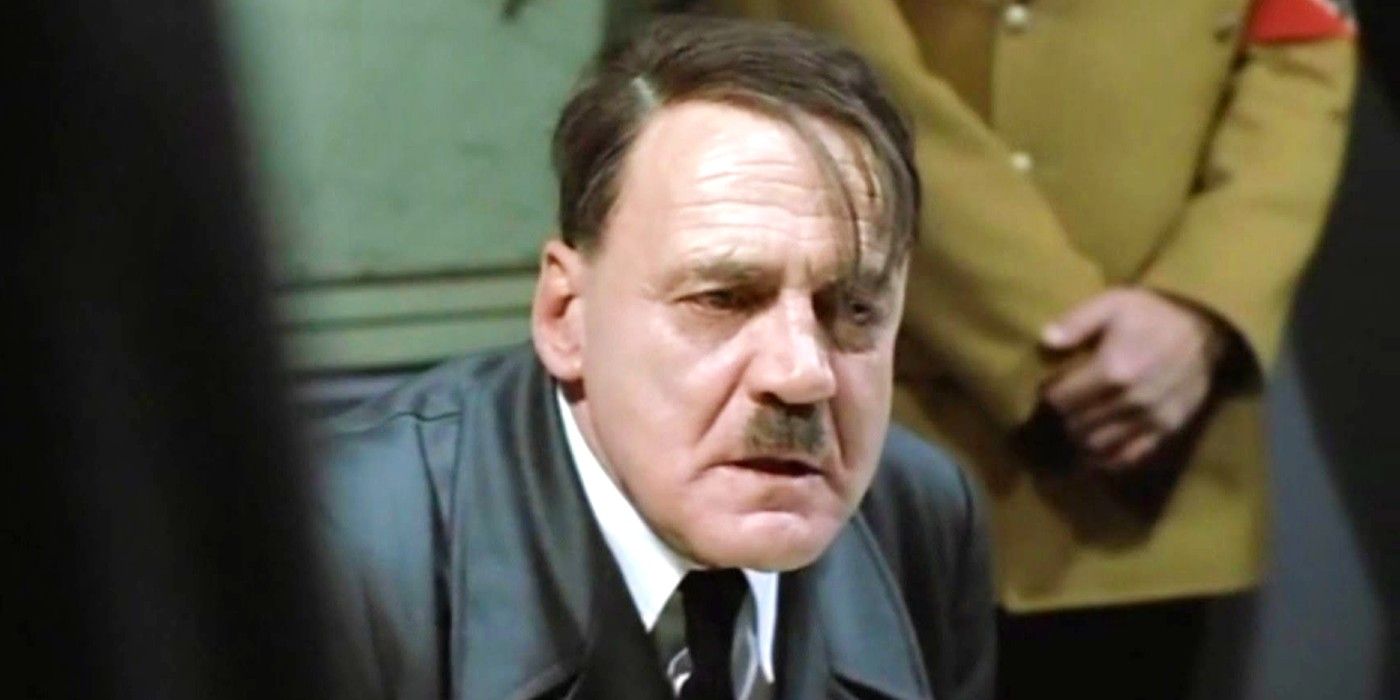
Featuring German and Russian dialogue, Downfall is a historical drama centered around Traudl Junge, a young woman appointed Adolf Hitler’s secretary in 1942. Three years later, with Germany in ruins and on the brink of losing the war, she is among a few loyal followers hiding with the Nazi leader in an underground bunker. Hitler is forced to deal with the reality that his government is in tatters and his days are numbered.
Downfall proved controversial upon release for its depiction of Hitler having emotions despite his horrific actions and the portrayal of the Third Reich. Nevertheless, the movie is still notable for its accurate depiction of Germany at the end of the war and the disturbing portrait of Hitler’s mental state and how the Nazis lost everything. Downfall is one of the most impressive German historical movies ever made.
1 Shoah (1985)
A French documentary about the Holocaust
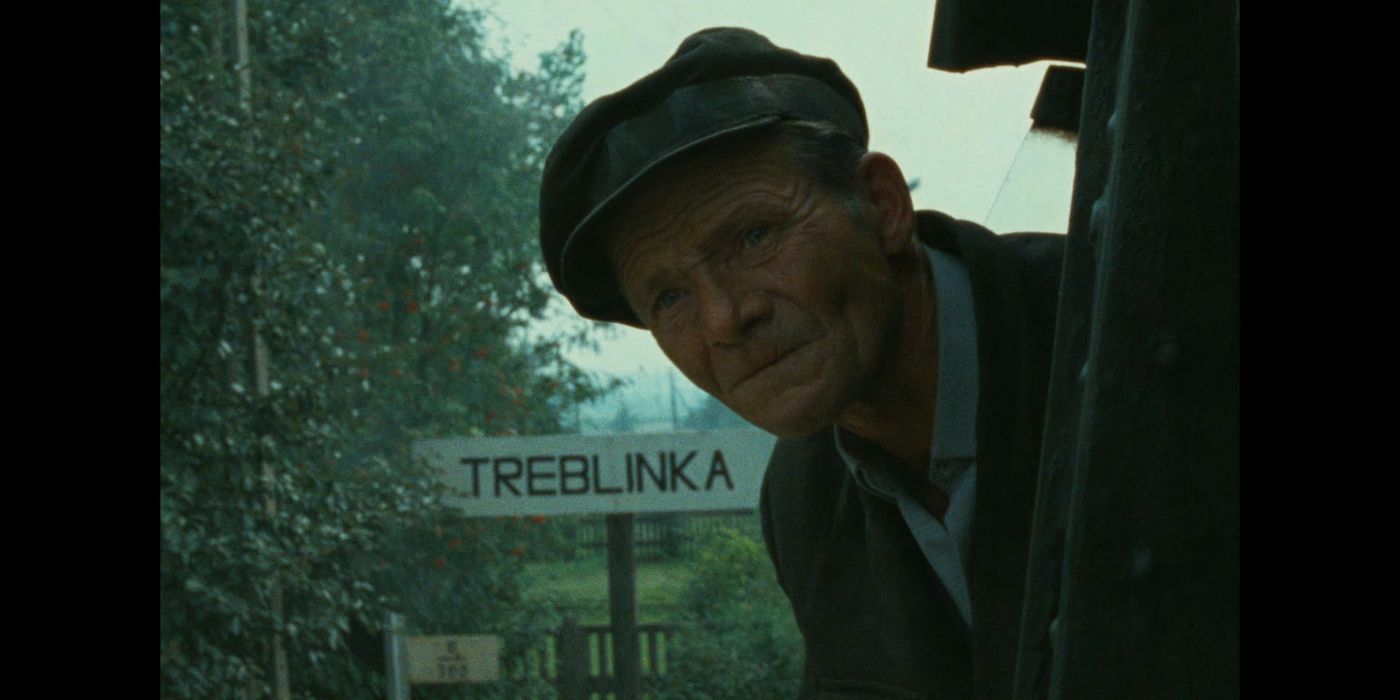
Claude Lanzmann’s Shoah is a nine-hour documentary film with material in French, German, Hebrew, Polish, and Yiddish, with some English. The epic film allows audiences to fully see the true horrors of World War II and the harsh realities of the extermination camps. Lanzmann interviews multiple eyewitnesses, including survivors of the camps and former soldiers, about their experiences during the Holocaust. He traveled across 14 different countries to speak with these participants and also shot raw footage at the sites of the former labor camps, ultimately using more than 350 hours of footage. The finished project took 11 years to make.
Shoah isamongthe best documentaries ever made and an important piece of historical record for audiences who want to learn about the Holocaust. A cinematic masterpiece, Shoah is far and away the best non-English language film ever made about World War II.




